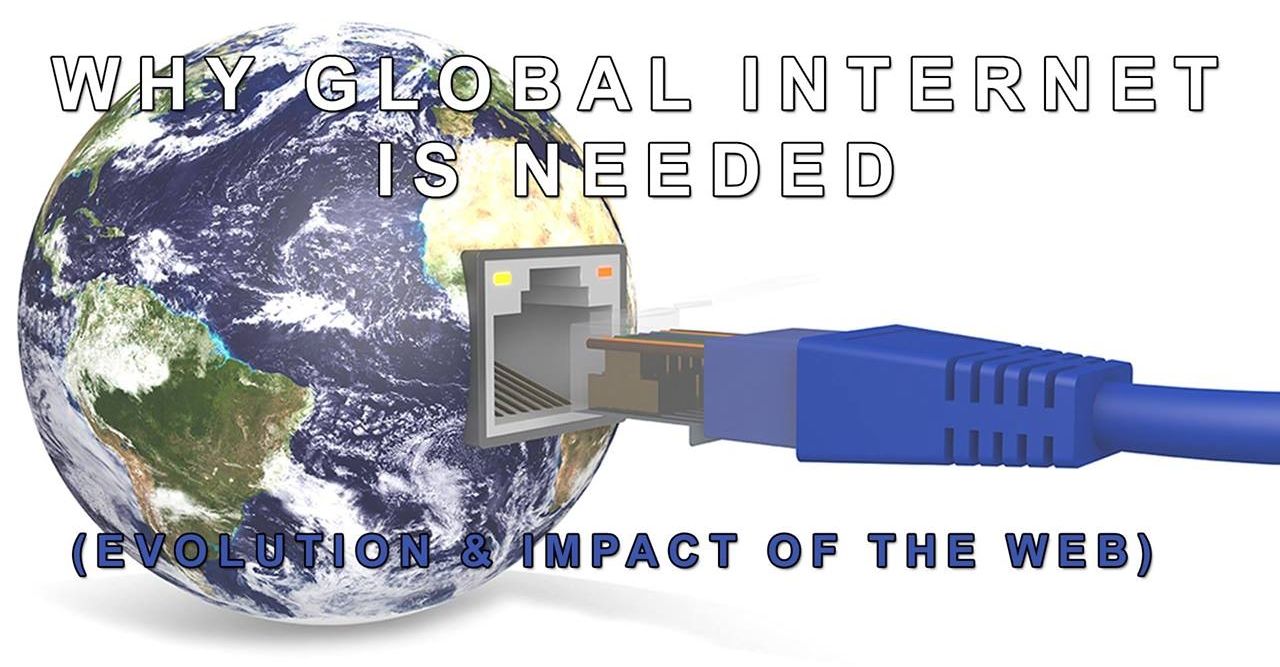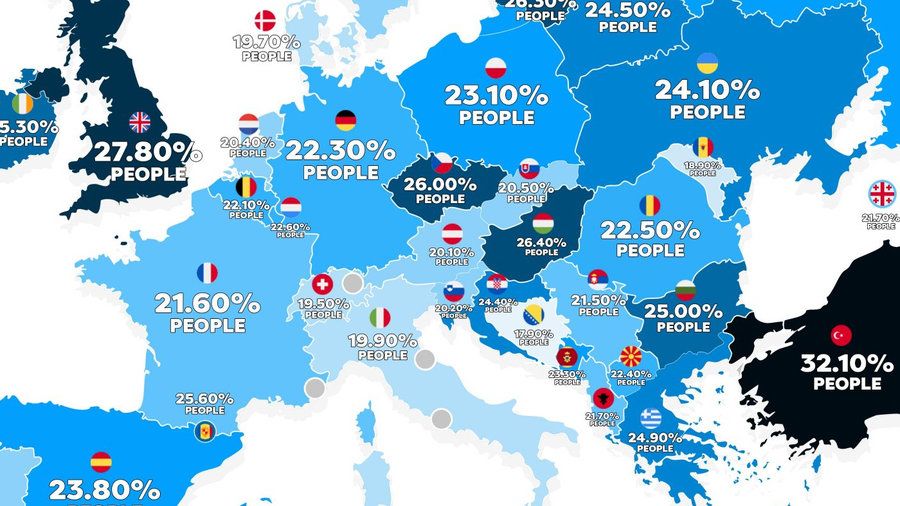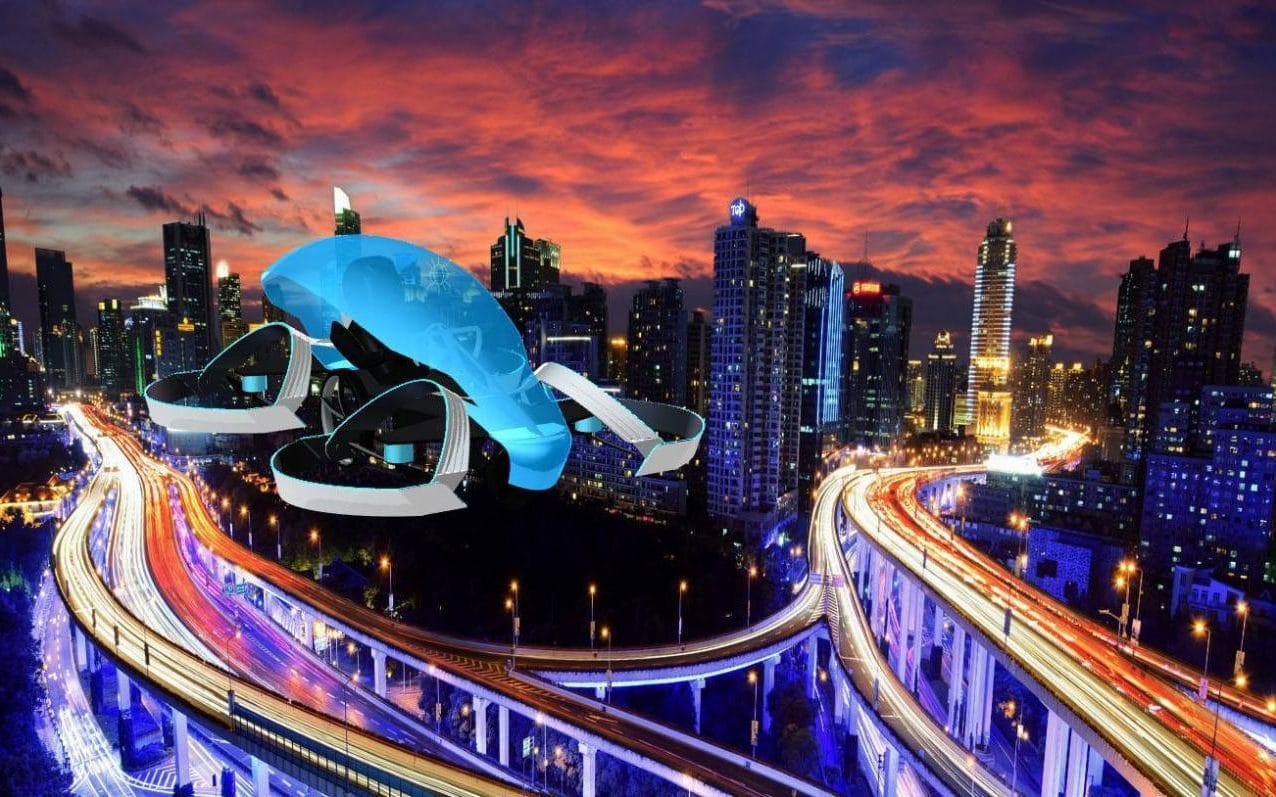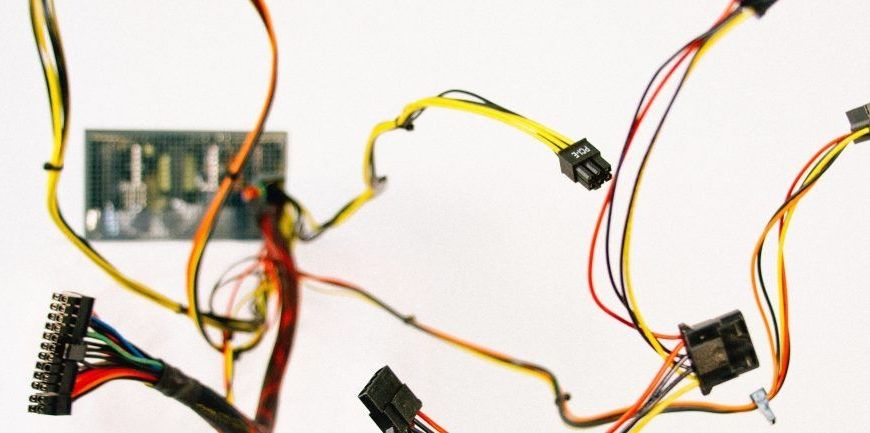Page 9822
Aug 28, 2018
‘Supersensitive Antenna’ To Search For Extraterrestrials
Posted by Bill Retherford in category: alien life
Aug 28, 2018
Obesity in America vs. Europe: Two maps explain it all
Posted by Nicholi Avery in category: biotech/medical
If your BMI is higher than 30, you’re technically obese. These maps show how many people per European country (and U.S. state) suffer from that medical condition.
Aug 28, 2018
The big idea that could make democratic socialism a reality
Posted by Bill Kemp in category: economics
An ambitious proposal to create an Alaska-style social wealth fund that could transform the global economy.
Aug 28, 2018
How Cryptocurrencies Can Influence the Future of Freedom
Posted by Klaus Baldauf in categories: cryptocurrencies, futurism
“It’s the first time that humans have ever had the ability to send money around the world globally without anyone being able to stop it,” he said. “You can argue that it’s the first time in our history that we have real censorship resistance.”
Gladstein feels we’re at a crossroads as a society—we’ll either go down a centralized path where our interactions are surveilled and censored, or we’ll go down a decentralized one that preserves our essential freedoms and rights.
Technology’s role is somewhat paradoxical in this crossroads; some forms can serve as a tool of control for governments or companies, while other forms put more power in the hands of citizens.
Continue reading “How Cryptocurrencies Can Influence the Future of Freedom” »
Aug 28, 2018
Alexandra Elbakyan – The System is Holding Back Scientific Progress
Posted by Steve Hill in categories: health, open access

Today we have an interview with Sci-Hub creator, Alexandra Elbakyan who is committed to the free flow of scientific knowledge and is challenging the unfair journal system which charges outrageous fees to view scientific publications.
Hiding scientific knowledge behind paywalls
Continue reading “Alexandra Elbakyan – The System is Holding Back Scientific Progress” »
Aug 28, 2018
Japanese engineers say their flying cars will be in the air by the Tokyo Olympics
Posted by Klaus Baldauf in categories: futurism, transportation
A team of young Japanese engineers is developing a flying car with the goal of launching it in time for the 2020 Tokyo Olympics.
The futuristic vehicle – dubbed Skydrive – is fitted with three wheels, a motor and four rotors, enabling it to take off and land vertically from public roads without the need of a runway.
Measuring only 9.5 feet by 4.3 feet, Skydrive claims to be the world’s smallest flying car, with a target top flight speed of 62 mph, while travelling up to 32 feet above the ground.
Aug 28, 2018
Web 3.0 & 4.0 Will Require Global Internet Connectivity (Evolution & Impact of the Web)
Posted by Ankur Bargotra in categories: evolution, internet

This video is the first in a three-part series discussing global internet connectivity. In this video, we’ll be discussing the evolution of the world wide web, how it correlates with global connectivity and why global connectivity is needed to ensure a more prosperous future for all, as well as to assure in many of the new technologies in development today.
[0:30–6:15] Starting off we’ll take a look at the evolution of the web, from the birth of the web to the future of the web with web 4.0.
[6:15–10:05] Following that, we’ll take a look at the impact the web has had on society: economically, socially and more. As well as, why global connectivity will be required in ensuring everyone can access the benefits of the web.
Aug 28, 2018
AI and the HR Professional
Posted by Steve Nichols in categories: economics, employment, information science, policy, robotics/AI
The World Economic Forum suggests we are on the cusp of a Fourth Industrial Revolution driven by ‘ubiquitous automation, big data and artificial intelligence’. The Institute for Public Policy Research, however, says that “despite the growing capability of robots and artificial intelligence (AI), we are not on the cusp of a ‘post-human’ economy.”
IPPR suggests that an estimated 60 percent of occupations have at least 30 percent of activities which could be automated with already-proven technologies. As tasks are automated, work is likely to be redefined, focusing on areas of human comparative advantage over machines.
The CIPD point out that “new technology has changed many more jobs than it has destroyed, and it does not destroy work. Overall, the biggest advanced industrialized economies have between them created over 50 million jobs, a rise of nearly 20 percent, over the past 20 years despite huge economic and technological disruptions.”
Aug 28, 2018
Morgan Stanley can’t get clients to care but it thinks investing in space will be a very big deal
Posted by Klaus Baldauf in categories: finance, space
The space industry is dominated by private companies, but one of the biggest banks on Wall Street is telling clients to pay attention to coming investment opportunities.
















